
Since you have decided to get a Labrador as an additional member of the family, the next thing you must consider is the Labrador training. Labrador training specifically aims to teach your Labrador to...
Since you have decided to get a Labrador as an additional member of the family, the next thing you must consider is the Labrador training. Labrador training specifically aims to teach your Labrador to perform certain actions or behaviors acceptable by his human pack. You definteily don't want your dog messing your bedroom, do you? That being said, the responsibility of having a trained Labrador falls on you and your family as well, being the owner.
As a dog owner, you are probably aware that there are a lot of things you can do to achieve your goal of having a well trained Lab. You can hire a professional trainer or send your dog to a training school if you like. But sometimes, professional trainers and training schools cost more than what you allocated for Labrador training. This scenario gives you no other option but to train your dog yourself. Of course Labrador training at home is not a problem provided you are prepared for it. You must know what leash is appropriate for your dog, what training method works best and what diet is most appropriate.
Usually taken for granted, proper diet is one of the most important things to consider during Labrador training. Today, commercially prepared dog foods are preferred by most owners because of convenience. Commercially prepared dog foods come in various types, brands and packaging, that often times create confusions as to what is the best choice. Some claim that dry is the best and others prefer canned foods for Fido. Others would not feed commercial foods at all and would rather settle for homemade dog foods.
Whatever type of dog food you choose, be it homemade or commercially prepared, you have to make sure that it contains the right combination of fats, carbohydrates, proteins, vitamins, minerals and water. These provide sufficient calories to meet your dog's daily needs for growth, activity and even repair. Feeding the right diet will help your Lab learn what is taught to him during Labrador training.
Chicken, lamb, turkey or venison-based foods are good for dogs for they are easier to digest and won't cause stomach problems. Beef should be avoided as much as possible because it is harder to digest and can cause gastrointestinal problems in some dogs.
Article Tags: Labrador Training, Commercially Prepared
 Complete Medical care of pet at Veterinary Clinics in Coquitlam
Complete Medical care of pet at Veterinary Clinics in Coquitlam
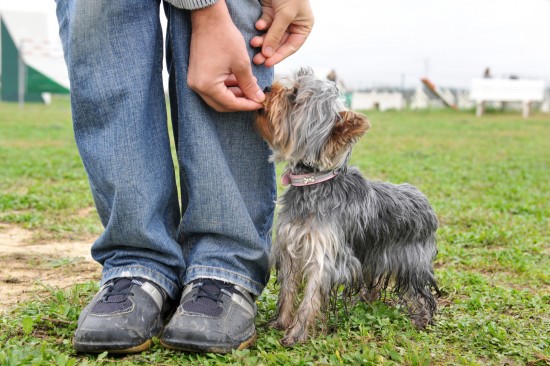 How To Get Your Dog Ready For A Training Class Or Session
How To Get Your Dog Ready For A Training Class Or Session
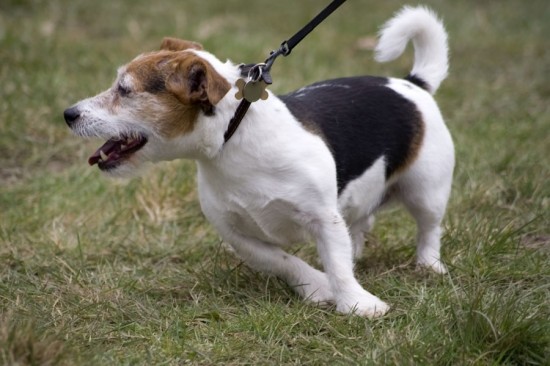 How To Stop Your Dog Pulling On A Lead
How To Stop Your Dog Pulling On A Lead
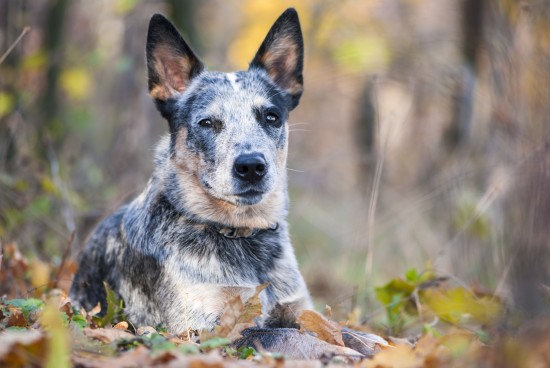 Three Great Dog Breeds That Hail From Australia, Plus One Wild Card!
Three Great Dog Breeds That Hail From Australia, Plus One Wild Card!
 How A Dogs Behaviour Can Change With Old Age
How A Dogs Behaviour Can Change With Old Age
 My Dog Suffers From Hip Dysplasia, Can They Still Compete?
My Dog Suffers From Hip Dysplasia, Can They Still Compete?
 Hypoallergenic Cats - Fact Or Fiction?
Hypoallergenic Ca
Hypoallergenic Cats - Fact Or Fiction?
Hypoallergenic Ca
 Benefits of Buying a Puppy from a Pet Store
Benefits of Buying a Puppy from a Pet Store
If
Benefits of Buying a Puppy from a Pet Store
Benefits of Buying a Puppy from a Pet Store
If
 Tips To Buy Rabbit Hutches Online In UK
Tips To Buy Rabbit Hutches Online In UK
With p
Tips To Buy Rabbit Hutches Online In UK
Tips To Buy Rabbit Hutches Online In UK
With p
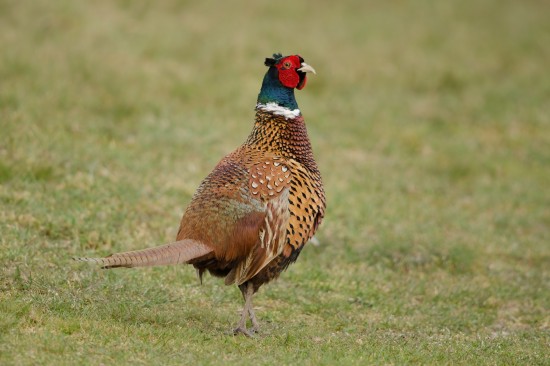 Breeds Of Pheasant
Breeds Of Pheasan
Breeds Of Pheasant
Breeds Of Pheasan
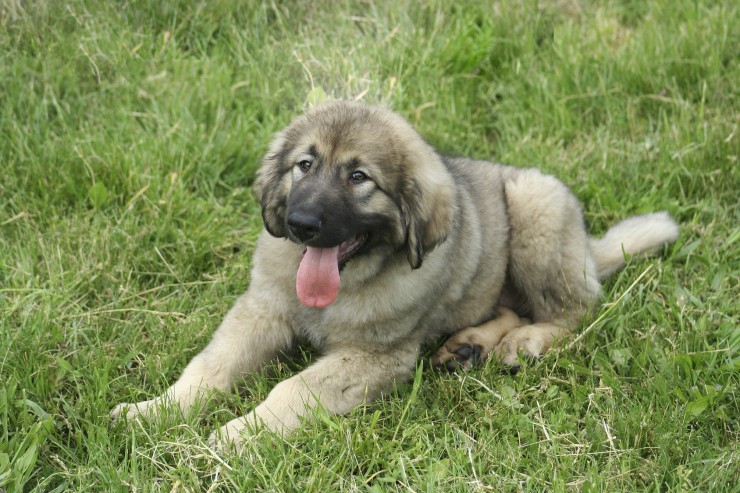 More About The Charming And Loyal Carpathian Sheepdog
More About The Ch
More About The Charming And Loyal Carpathian Sheepdog
More About The Ch
Copyright © 2005-2016 Pet Information All Rights Reserved
Contact us: www162date@outlook.com